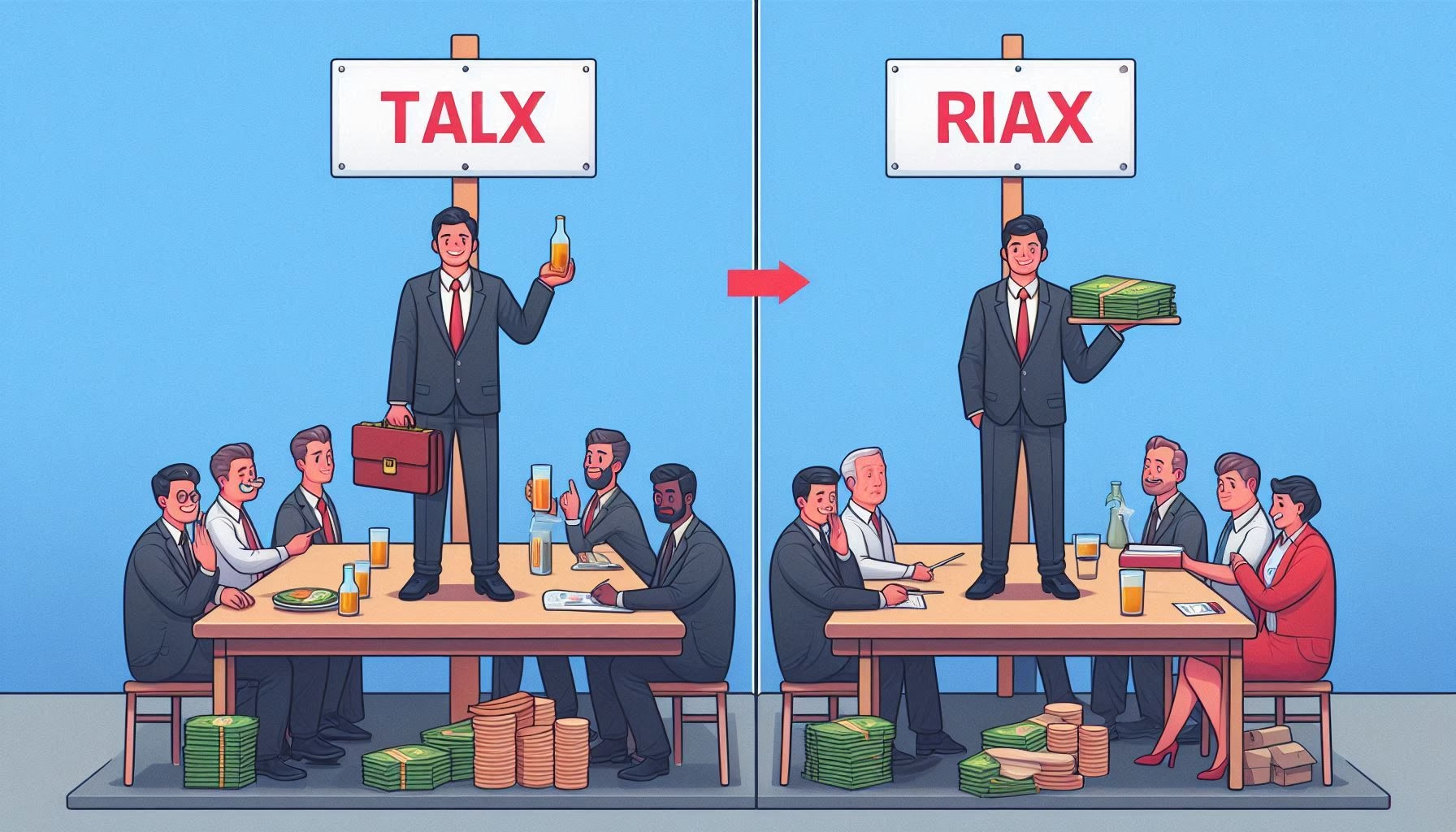The Complex World of India’s GST Explained for Middle-Class Indians
Popcorn Tax Debate
Did you know that the 55th meeting of the Goods and Services Tax (GST) Council in India sparked a big debate about how popcorn is taxed? It turns out that if you have salted popcorn, it gets taxed at 12 percent. But if you add caramel to it, the tax rate goes up to 18 percent!
People on social media were talking about how complicated the tax system in India can be because of this.
Different Tax Slabs
India’s GST has four different tax rates – 5, 12, 18, and 28 percent. Some products, like gold, have special rates. But there are also things like petroleum, crude oil, and alcohol that are not included in the GST system.

Roti vs Paratha
A while back, there was a big argument about whether parathas and rotis should be taxed differently under GST. Even though they are both types of Indian flatbreads, parathas ended up with a higher tax rate of 18 percent because they need to be cooked for a few minutes before eating.
Added Sugar
When it comes to popcorn, the debate was about whether caramelized popcorn should be taxed differently because it has added sugar. This led to a difference in tax rates between salted and caramelized popcorn.
Other food items with added sugar, like milk products, also have different tax rates under GST. The government is trying to simplify the tax system by merging some tax rates to make things easier for everyone.
Call for Simplicity
Many people are asking for a simpler GST system in India. Having multiple tax rates can make things complicated and increase costs for businesses and consumers. The government is considering merging some tax rates to make things easier for everyone.
It’s important to have a tax system that is easy to understand and fair for everyone. Hopefully, in the future, India’s GST system will become simpler and more straightforward for everyone.
Market Watch: The FIIs BIG 25 Stock Picks in Indian Stock Market
